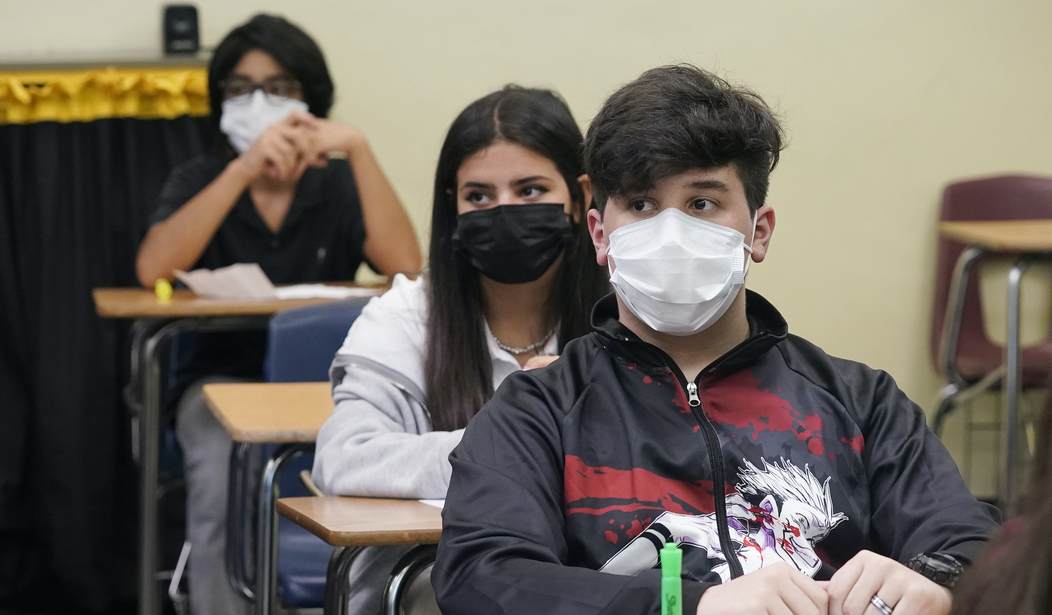A U.S. Centers for Disease Control and Prevention (CDC) study released this week shows how teens’ mental health has been impacted by the coronavirus pandemic. In the findings, more than 40 percent of teens said they felt “sad or hopeless” almost every day for two or more weeks in a row.
The survey, released Thursday, surveyed 7,705 high school students. Almost one-third, 31 percent of respondents, said their mental health was “most of the time” or “always” not good during the pandemic. Two thirds, 66 percent of respondents, said they “strongly agree” or “agree” that doing their schoolwork was more difficult during the COVID-19 pandemic than before it started.
Twenty-eight percent of respondents said that their parents or another adult in their home lost their job during the pandemic. Also 28 percent of respondents were “never or rarely were able to spend time with family, friends, or other groups during the COVID-19 pandemic.” Twenty-three percent said they went hungry because there was not enough food in their home during the pandemic.
“These data echo a cry for help,” said CDC Acting Principal Deputy Director Debra Houry in a press release.
“The COVID-19 pandemic has created traumatic stressors that have the potential to further erode students’ mental wellbeing. Our research shows that surrounding youth with the proper support can reverse these trends and help our youth now and in the future,” Houry added.
Recommended
In addition, the CDC wrote that “school connectedness” is imperative to helping teens improve their mental health coming out of the pandemic.
“In the face of adversity, support from schools, families, and communities protects adolescents from potentially devastating consequences,” said CDC Director of the National Center for HIV, Viral Hepatitis, STD, and TB Prevention Jonathan Mermin. “These data tell us what works. So, what will it take for our schools and communities to help youth withstand the challenges of the COVID-19 pandemic and beyond?”
























Join the conversation as a VIP Member